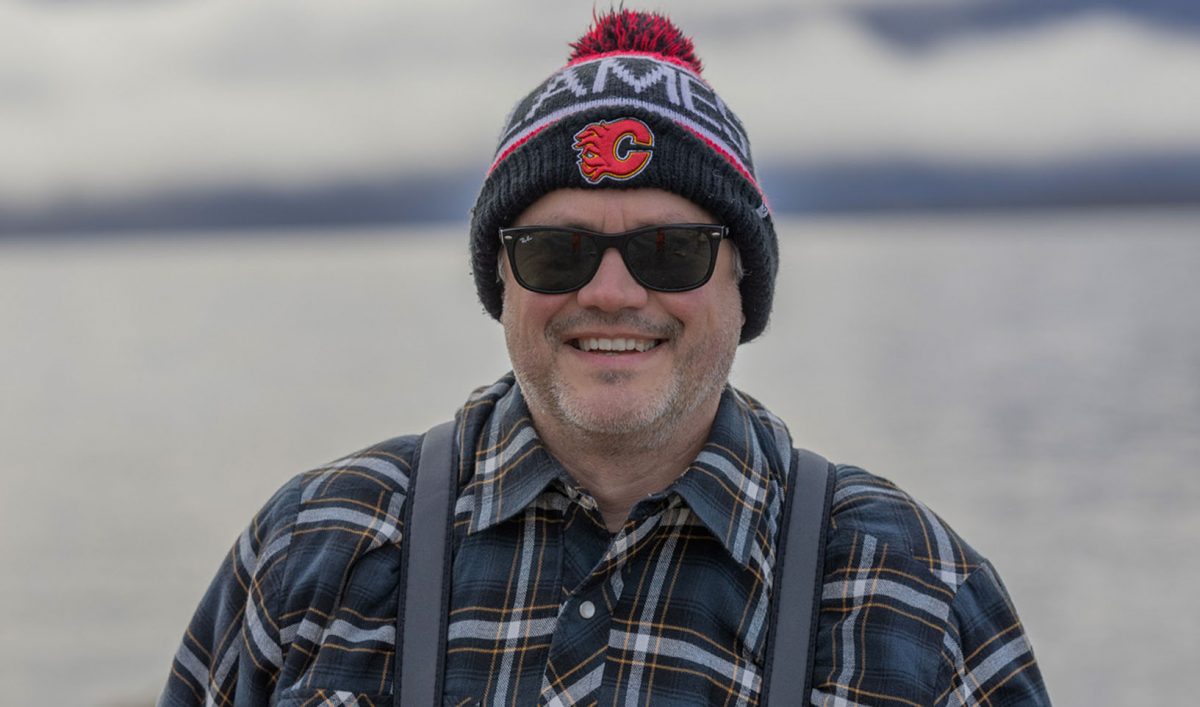
Dr. Kenneth Jeffries, Photo taken by Jari Aariak
Dr. Kenneth Jeffries receives the Research, Scholarly Work and Creative Activities Merit Award 2023
Dr. Kenneth Jeffries, associate professor at the Department of Biological Sciences, recently received the Research, Scholarly Work and Creative Activities Merit Award 2023. He is among the three faculty members from Science who have received Merit Award 2023 in Life Sciences, Natural Sciences and Engineering (Dr. Sabine Kuss for Combination and Dr. Susan Cooper for Service).
Jeffries’s research and teaching interests include comparative physiology, transcriptomics, ecotoxicology aquatic ectotherms. Join us as we talk with him to learn more about his work and vision for the future.
Please tell us about the impact of your research and your work.
I believe that understanding how aquatic systems are changing or are impacted by human activity is fundamental for predicting what aquatic species or populations will be able to persist in the future. The research that we do in my lab tries to develop approaches to characterize when environmental stressors start to adversely impact the animals, which then may lead to population declines over time. By studying how aquatic animals are affected by changes in the environment through contamination or climate change, we can begin to understand the overall health of aquatic ecosystems. This is fundamentally important to people as we rely on our aquatic ecosystems for food and water.
How do you implement creativity in your projects?
We try to come up with innovative ways to be able to sample animals in the wild. This allows us to study species in remote locations like the Arctic or the Rocky Mountains when we are not able to bring these animals back to the lab. By incorporating non-lethal sampling approaches into our research, we are able to then conduct studies on species of conservation concern to hopefully aid in species management and recovery.
What is your vision for the future of your work?
I would like to continue to develop approaches to characterizing stress in aquatic animals in remote or hard-to-access locations. Taking what are more commonly lab approaches and applying them to real-world scenarios. I think there are a lot of interesting fundamental questions that can be addressed by studying non-model organisms in their natural habitat, and maybe we can also provide some information that will be useful for protecting those species and ecosystems.






